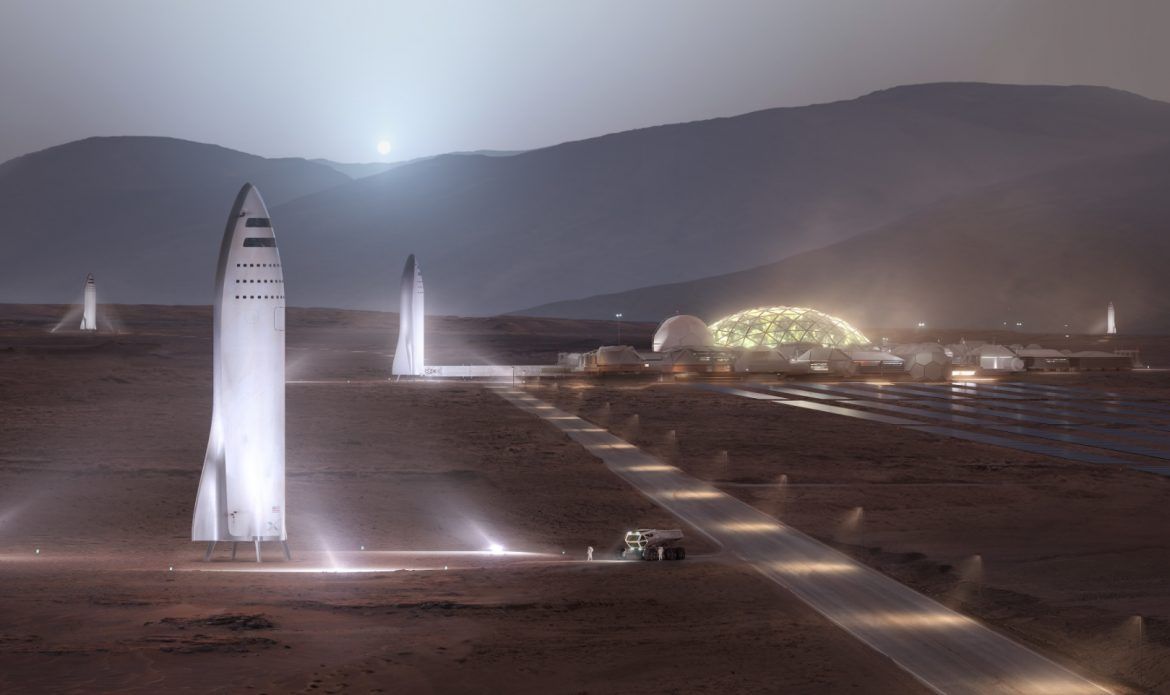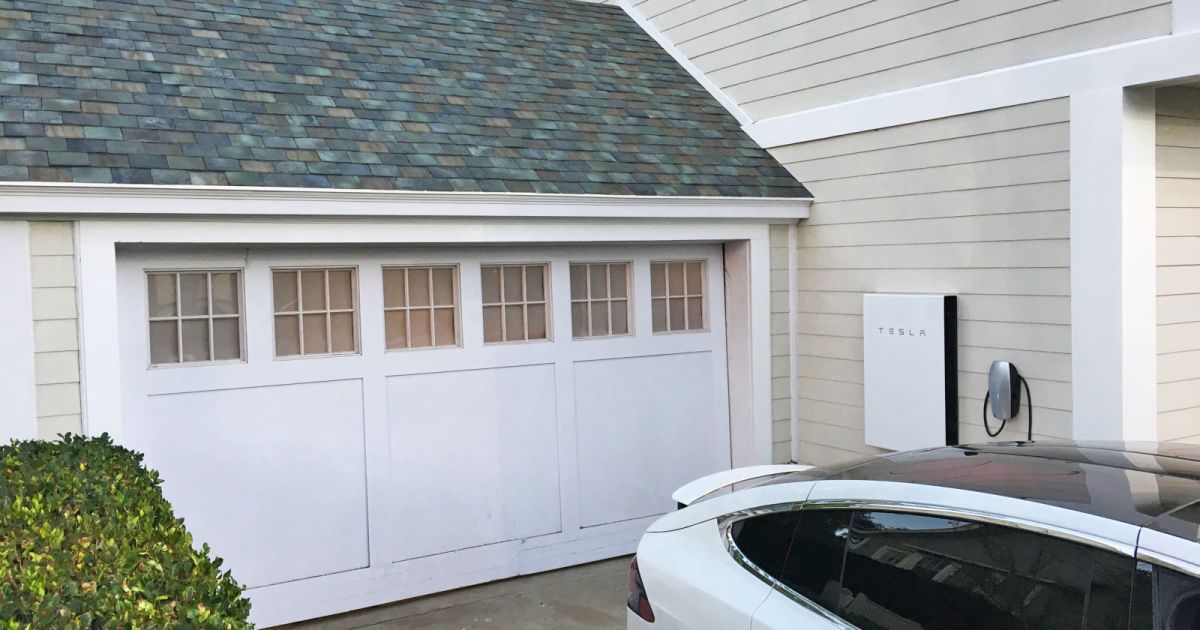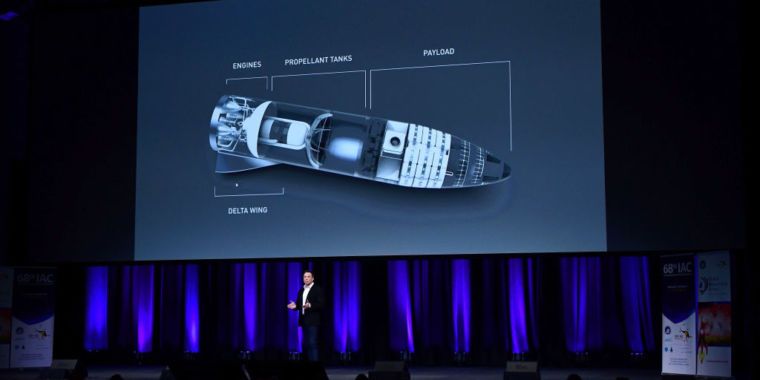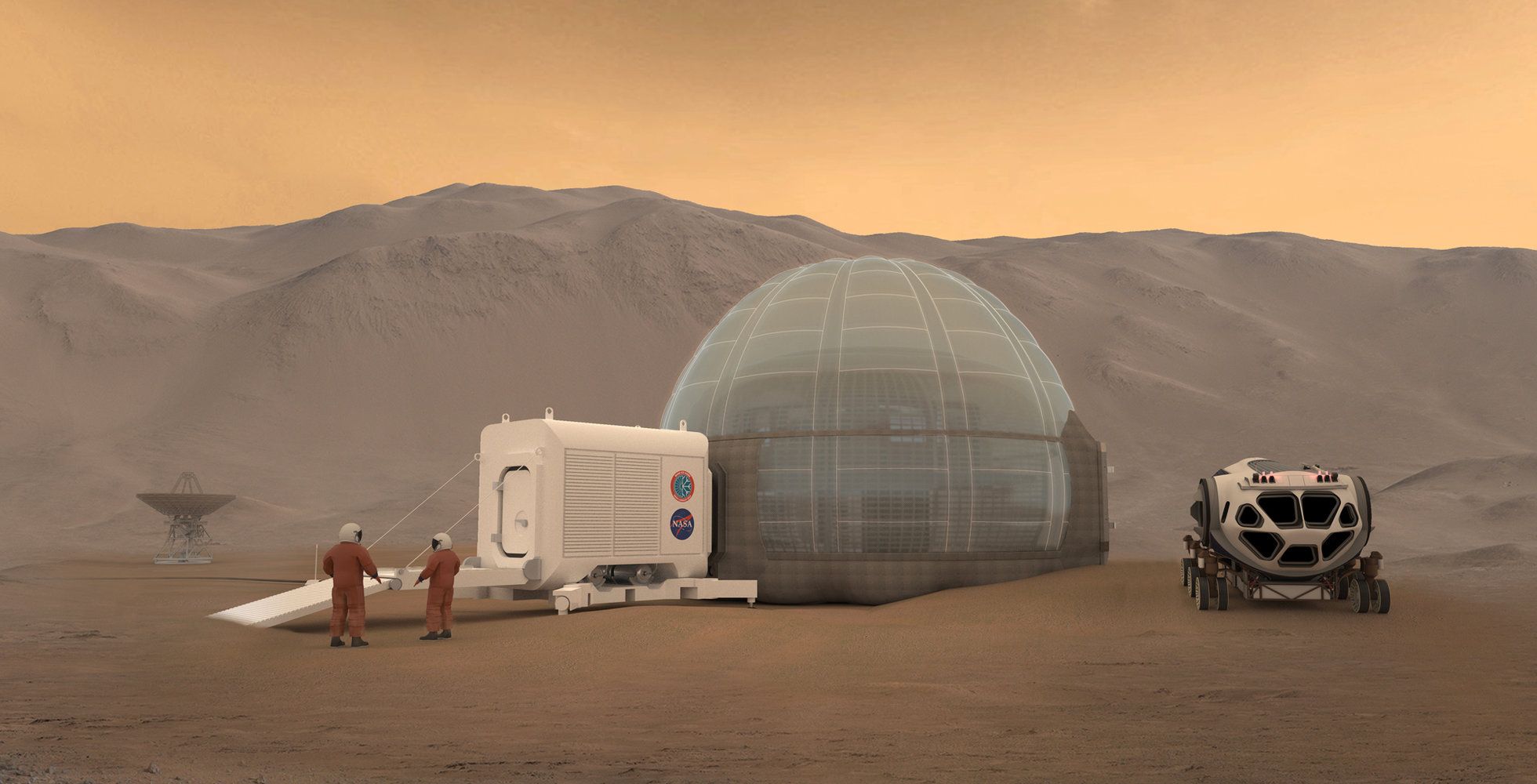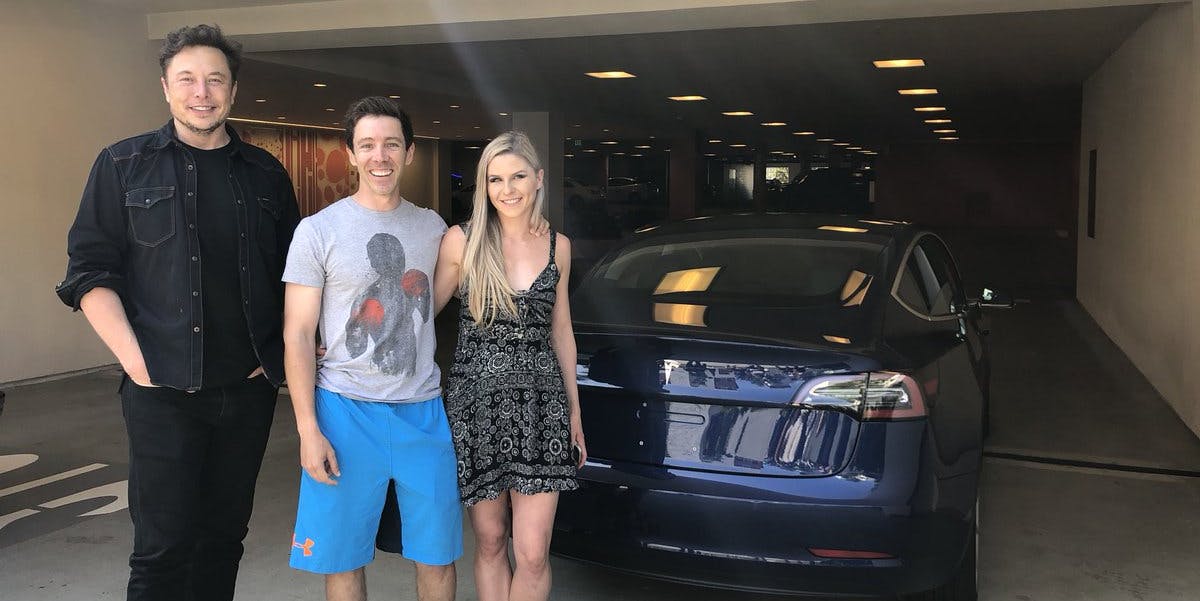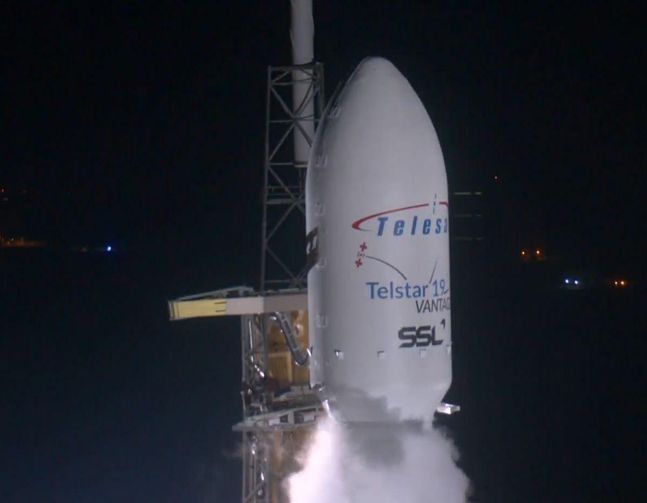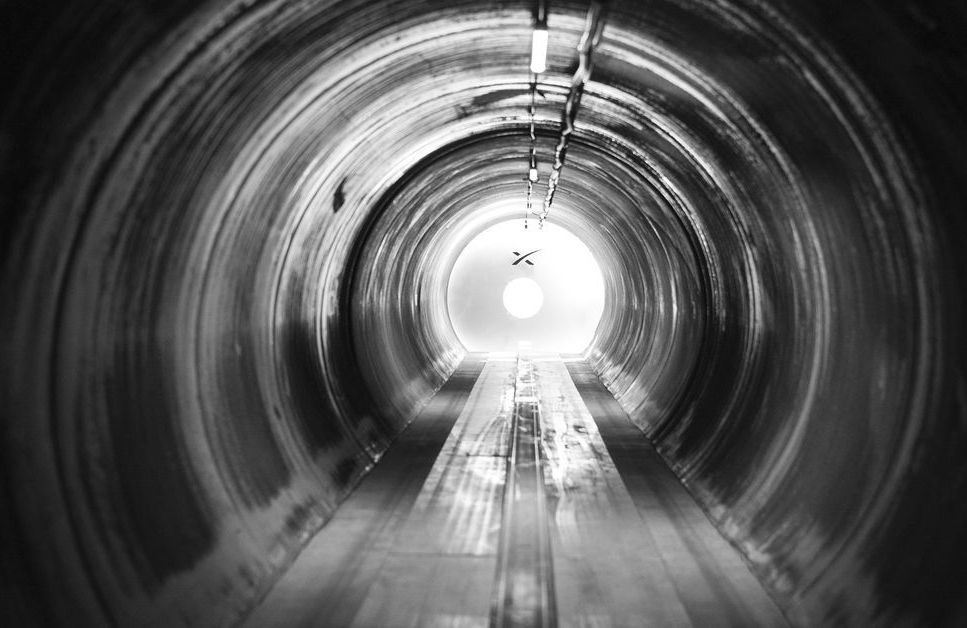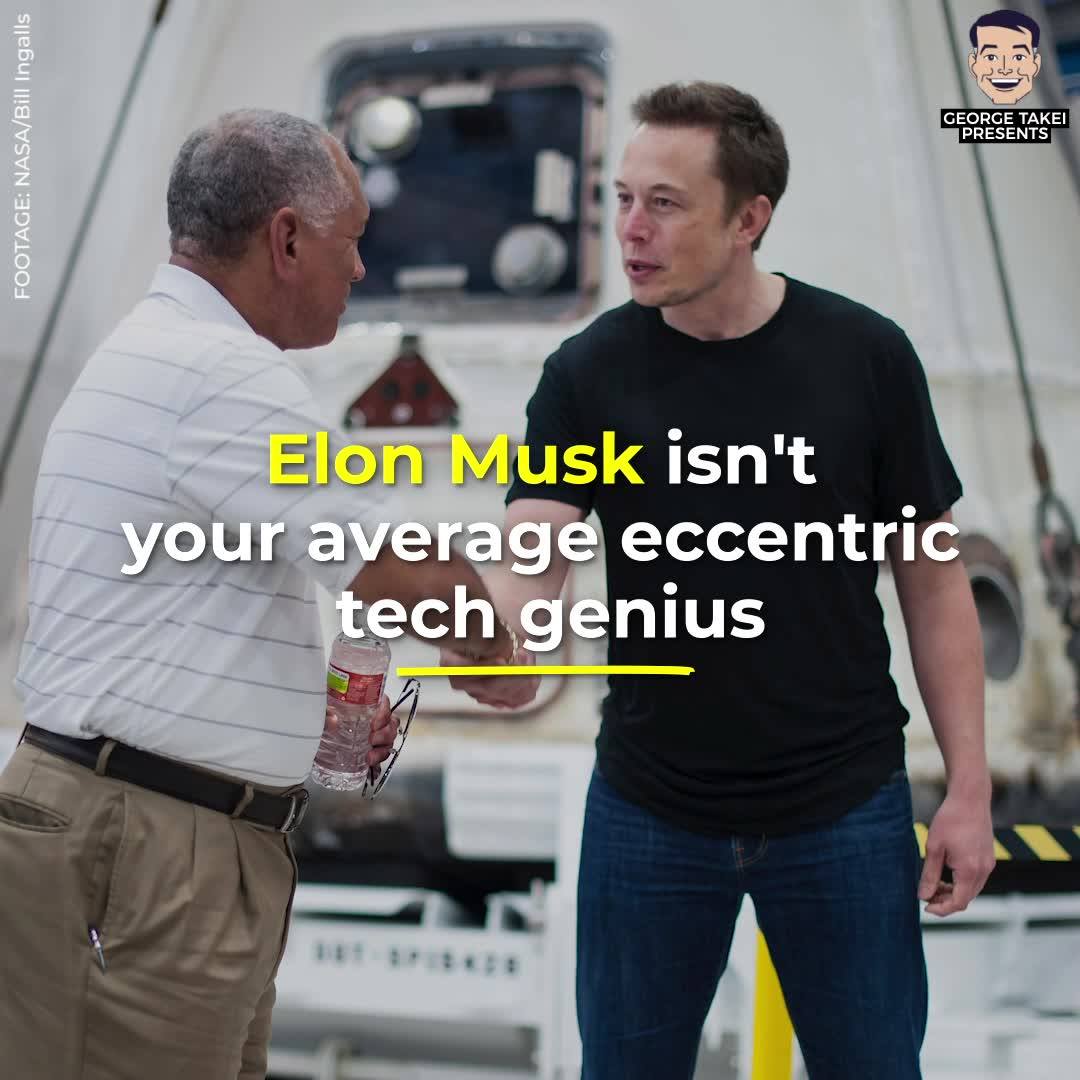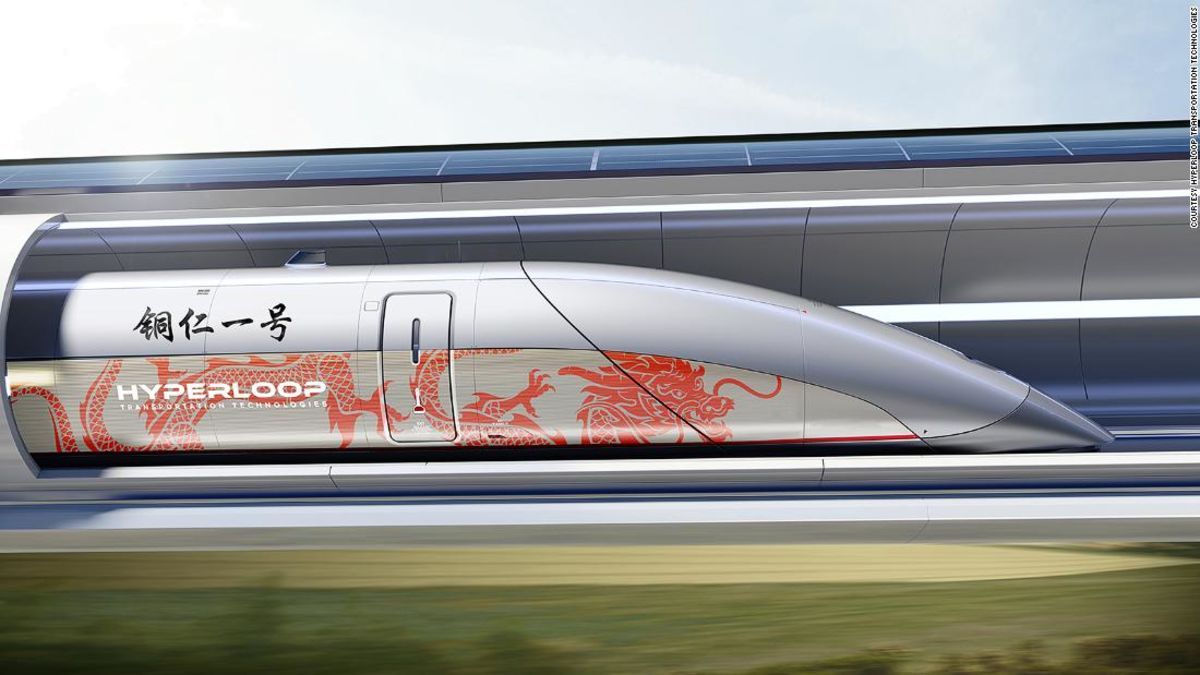On September 29th, 2017, SpaceX CEO Elon Musk unveiled detailed plans of the Big Falcon Rocket at the 68th International Astronautical Congress in Adelaide, Australia. It was a follow-up speech to the prior year’s presentation when he first discussed the architecture of what was then called the Interplanetary Transport System. In his highly anticipated speech, Musk laid out the detailed plans for a two stage rocket to enable the colonization of Mars, a moon base, and hypersonic long-distance travel on Earth.
The design featured an enormous Booster that would be powered by 31 Raptor engines, planned to be the world’s most advanced and highest pressure chemical rocket engine. Following stage separation, the booster would return to Earth and land near or on the launch pad.
There were three variants of the rocket’s second stage planned: a Spaceship, Tanker and Cargo Lifter. The primary of which, the BFR Spaceship, was also the colonization vehicle and that could carry up to 100 passengers and a hundred tonnes of cargo. One possible use of the Spaceship was as the world’s first hypersonic passenger transport vehicle, which would enable travel between any two points on Earth in under an hour. Its primary envisioned mission, however, was to be a colonization vehicle for the Moon, Mars and beyond.
